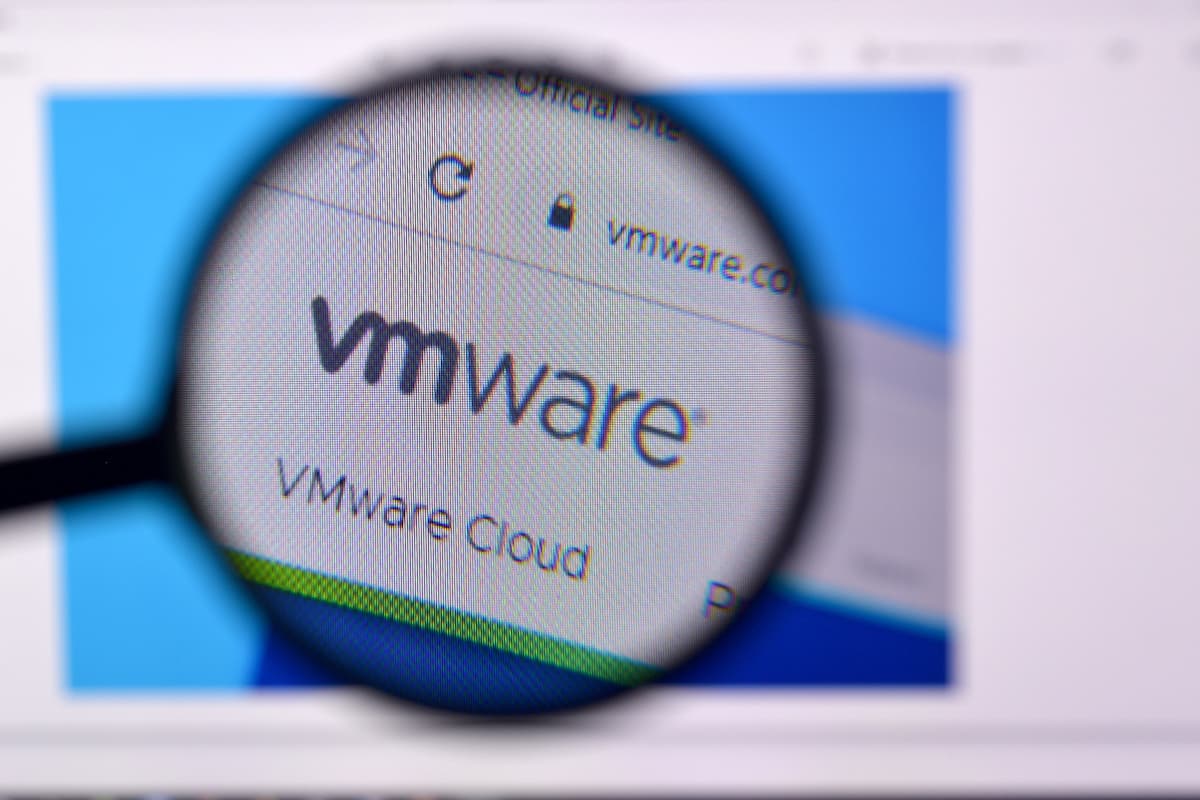At the VMware Explore conference in Barcelona, Hock Tan, CEO of Broadcom (NASDAQ:AVGO), highlighted the company’s strategy for VMware (NYSE:VMW) following its acquisition, an operation estimated at around 60 billion euros and still pending regulatory approval from China. This delay could be seen as a retaliation against the export controls on advanced computer chips imposed by U.S. President Joe Biden.
Despite these regulatory issues in completing the VMware acquisition, Tan reaffirmed its commitment to accelerating innovation through investment in research and development. He also emphasized the intention to strengthen VMware’s extensive ecosystem, which includes partners, resellers, OEMs, distributors, service providers, and system integrators, and to enhance the usability of Broadcom’s products.
In addition to transitioning to a SaaS model that could lead to the discontinuation of selling perpetual licenses to consolidate and increase revenue. Undoubtedly, a position that could prompt many companies to seek alternatives to VMware according to many infrastructure and cloud providers.
Meanwhile, Raghu Raghuram, CEO of VMware, expressed confidence in Tan’s enthusiasm for the future of VMware. Similarly, Joe Baguley, VMware’s CTO for the EMEA region, subtly acknowledged the existing tension, without explicitly referring to the acquisition, indicating cautious optimism within the company despite the current regulatory stalemate.
VMware’s Financial Perspective
Financially, VMware has shown impressive strength in the last fiscal year, with a market capitalization of 64.13 billion dollars and a price-to-earnings (P/E) ratio of 44.52, implying a high earnings multiple. The company has also reported a gross profit margin of 81.33%, reflecting notable operational efficiency.
VMware’s earnings quality is high, with free cash flow exceeding net income and a high return on invested capital, suggesting efficient resource utilization. However, it is noteworthy that the company has shown a declining trend in its earnings per share.
VMware is a key player in the software and virtualization industry and offers high returns on equity to its shareholders. Despite this, the company does not pay dividends, a detail that may be relevant to income-focused investors.
Implications of the Acquisition
The pending regulatory context and the strategies cited by Broadcom’s CEO are crucial for VMware’s investors and customers, as they outline not only the company’s future direction but also the potential impact on the software market. Meanwhile, the industry closely watches how this acquisition unfolds in a constantly evolving global technological landscape.

